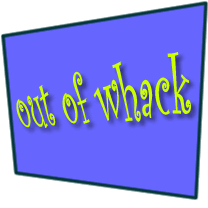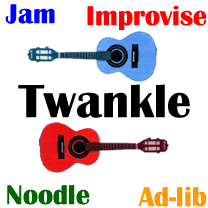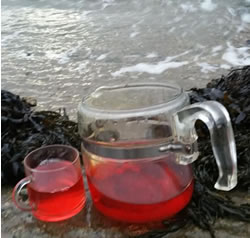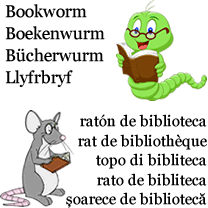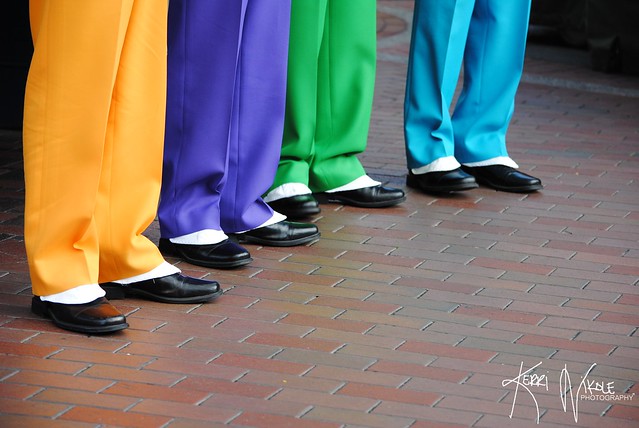
If you’re a ‘big cheese‘, you’re an important, successful, or influential person, and/or you have an important and powerful position in an organization. Alternatively you might be called, or call yourself, a big fish, big gun, big noise, big shot, or big wheel [source].
Apparently the word cheese was used in the 19th century to mean something that was good, genuine, pleasant or advantageous. In John Camden Hotten’s The Slang Dictionary of 1863 it is defined as:
Cheese, anything good, first-rate in quality, genuine, pleasant, or advantageous, is termed the cheese. The London Guide, 1818, says it was from some young fellows translating “c’est une autre chose” into “that is another cheese.” But the expression cheese may be found in the Gipsy vocabulary, and in the Hindostanee and Persian languages. In the last chiz means a thing—that is the thing, i.e., the cheese.
In Urdu چیز (cheez) does mean thing [source]. The same word in Persian (Farsi) means article, entity, item, matter, object, stuff or thing [source]. In Hindi चीज (cīj) means thing, matter, object or concern [source].
Some other interesting cheese-related from the The Slang Dictionary include:
Cheese, or cheese it (evidently a corruption of cease), leave off, or have done; “cheese your barrikin,” hold your noise. Term very common.
Cheesecutter, a prominent and aquiline nose. Also a large square peak to a cap. Caps fitted with square peaks are called cheesecutter caps.
Cheesy, fine or showy. The opposite of “dusty.”
Nowadays the meaning of cheesy has changed a bit, and means “vulgarly pretentious or sentimental”, “banal, trite or in poor taste” or “inferior, cheap and shoddy” [source].
The expression big cheese first appeared in O. Henry’s 1910 novel Unprofessional Servant in which it meant ‘wealth or fame’. The meaning of an important person first appears in The Olean Evening Times in June 1922 as, “The big mayor of Olean fair, You’re the big cheese on the scene.” [source].
In Swedish the equivalent of a big cheese is le stort, or a ‘big smile’, which certainly makes me smile.
What about in other languages?
